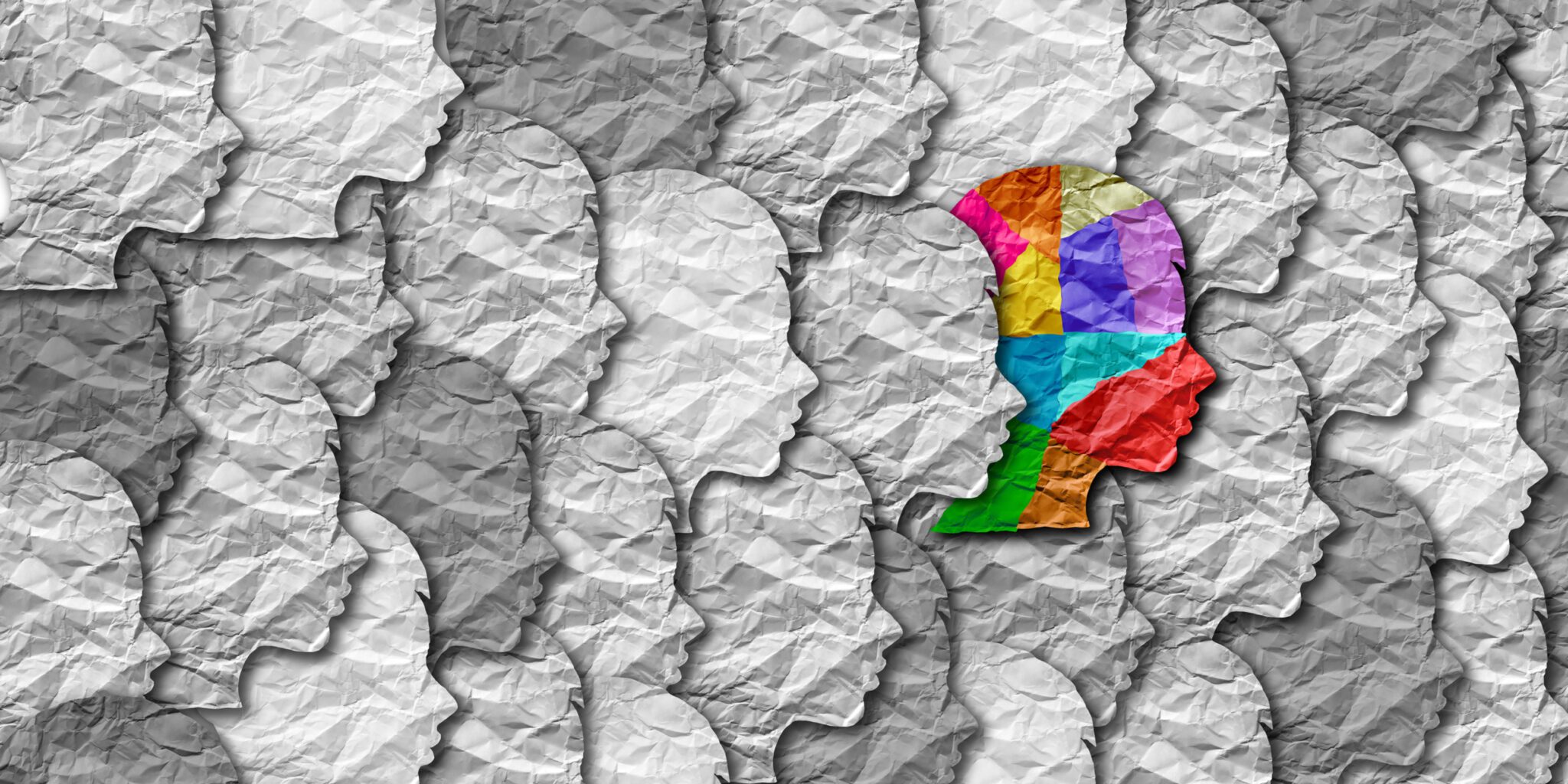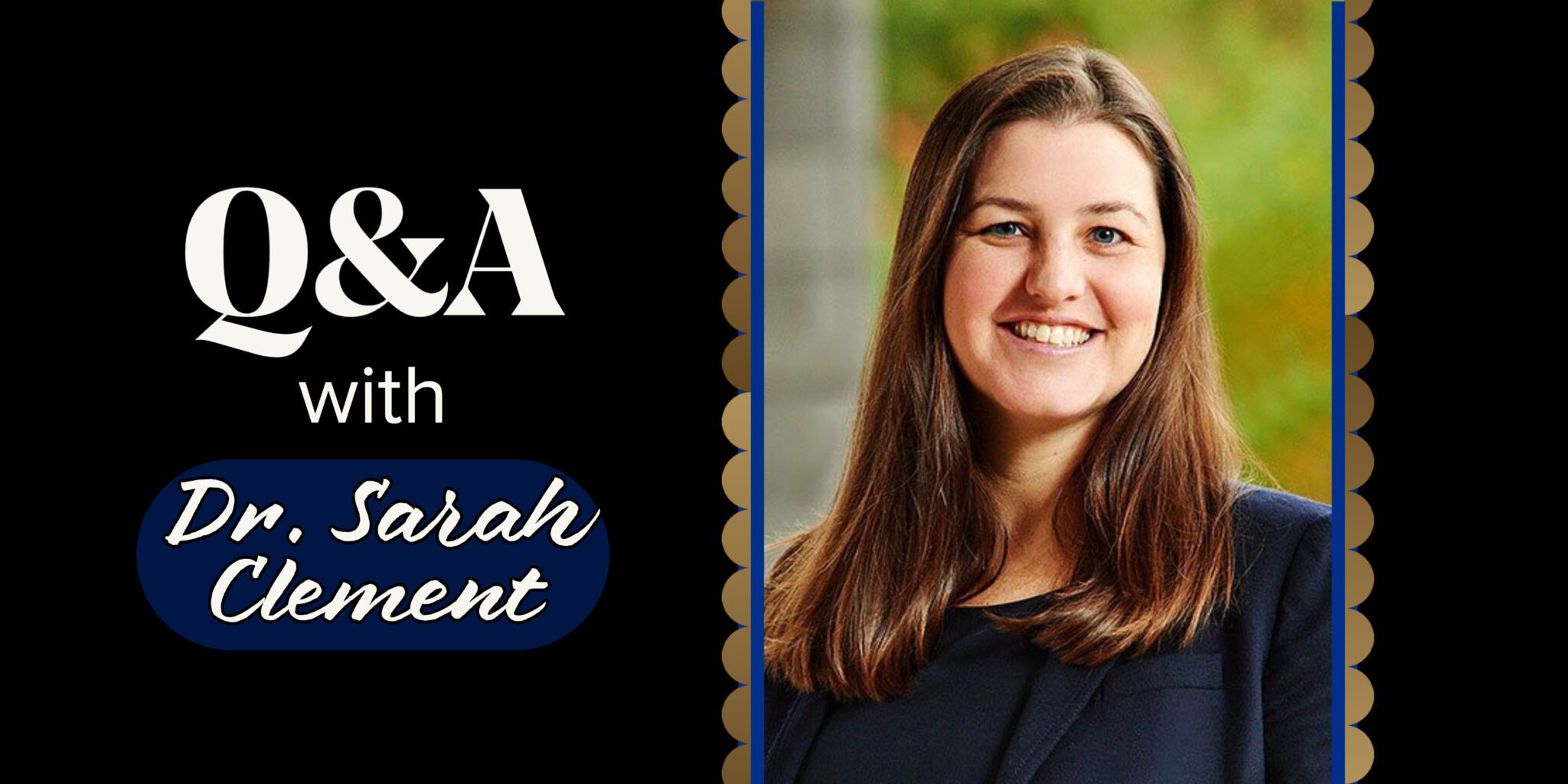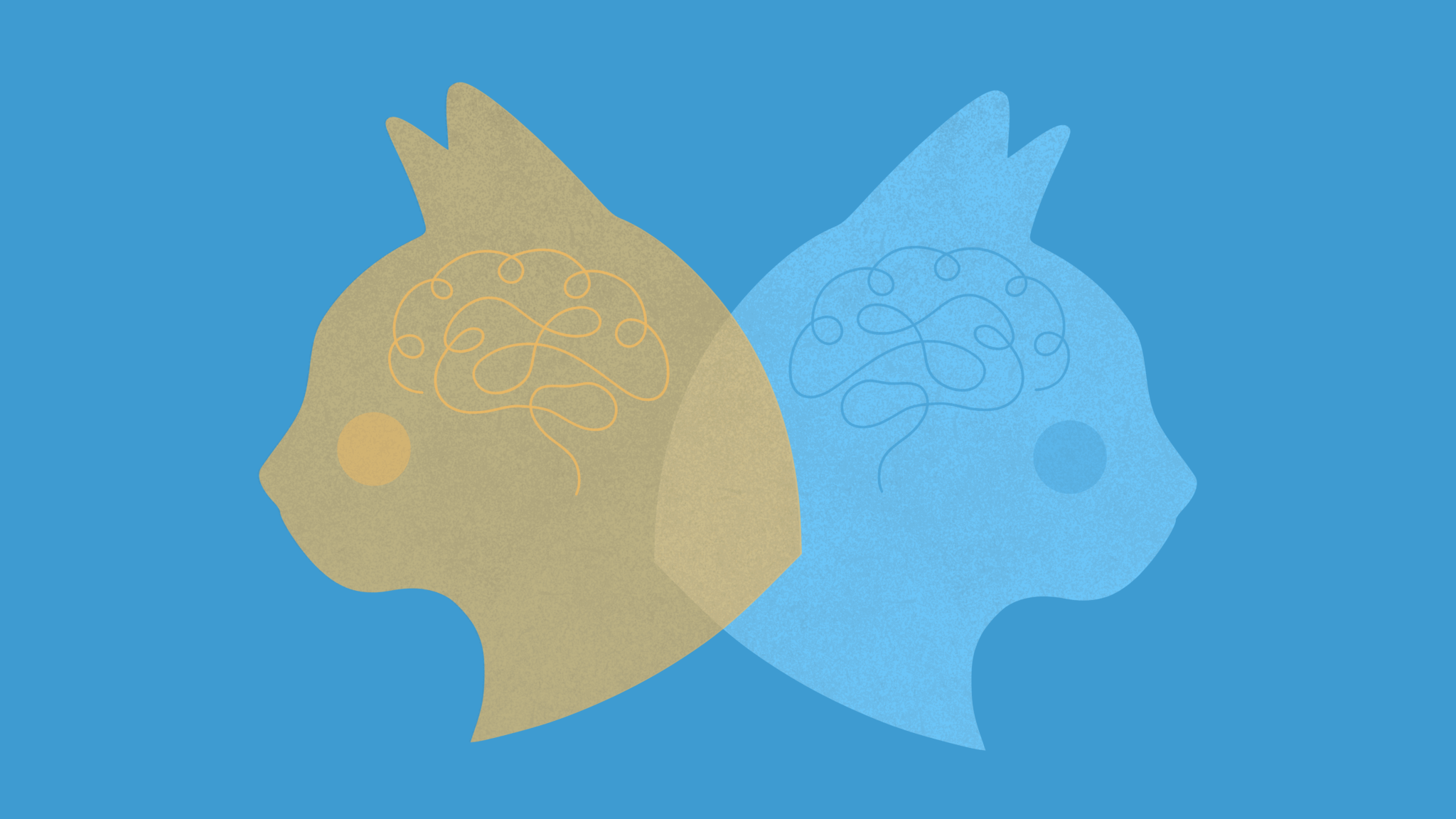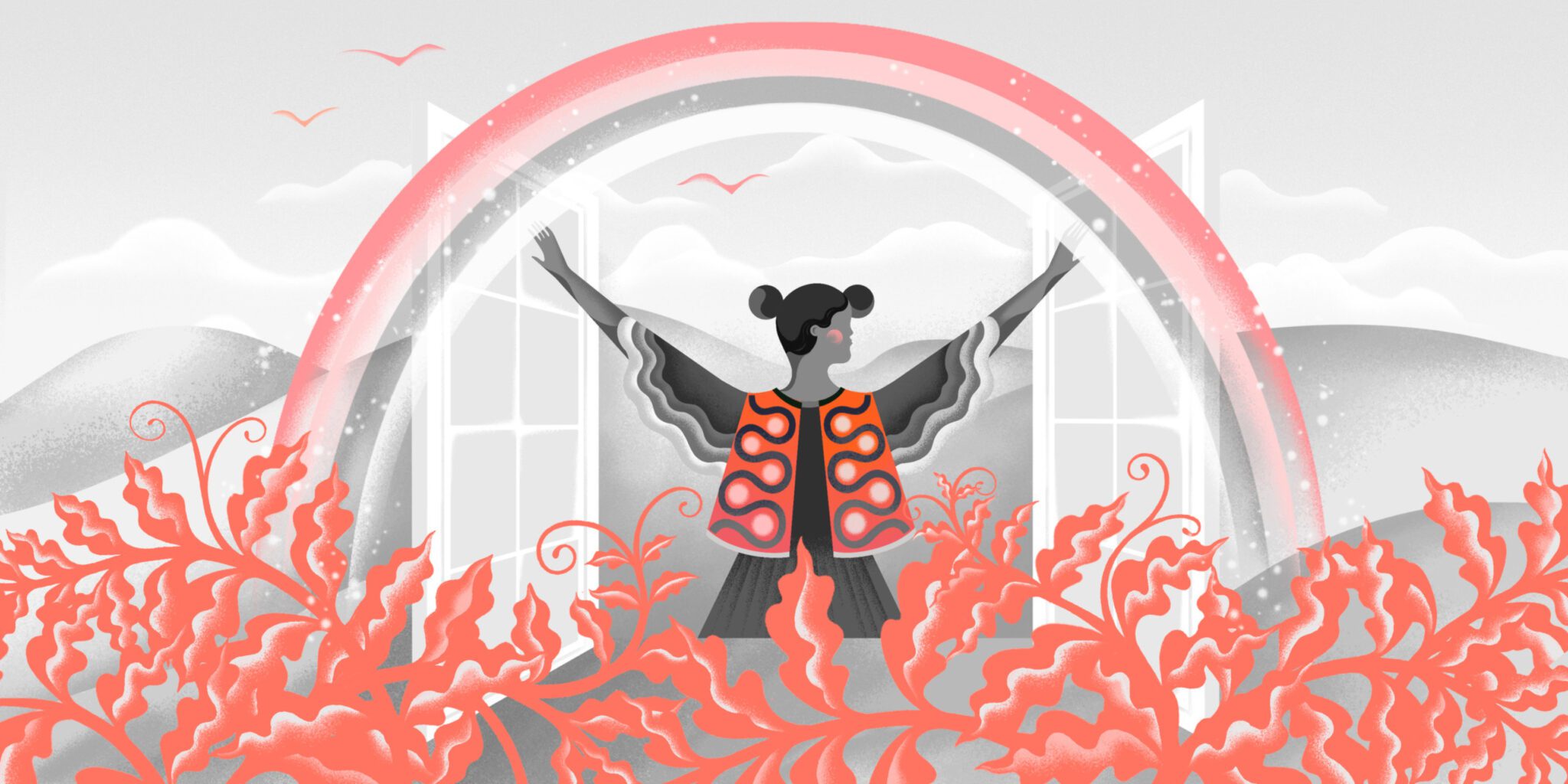“Business as usual” doesn’t work anymore in education. The one-size-fits-all approach of traditional schooling leaves many students behind. Standardized testing falls short when it comes to assessing someone’s capacity for knowledge and developmental progress. But an even bigger problem, according to some experts, is that we’ve got the focus of education all wrong. What’s missing are the inner qualities that lead to lifelong learning—a focus, in other words, on who students are becoming rather than on what they know.
Mary Helen Immordino-Yang is a former seventh-grade teacher turned human development psychologist and neuroscientist. A professor of education, psychology, and neuroscience at the University of Southern California, she studies the psychological and neurobiological development of emotion and self-awareness in educational settings. Dr. Immordino-Yang says that mainstream schools focus on learning outcomes when they should be focused on the ways learning promotes development. In other words, they’re looking at the wrong outcome.
The goal of education shouldn’t be simply what students learn but rather how they develop themselves as people.
Subject-based learning needs to happen—the kind of learning in which students understand that two plus three equals five—but Immordino-Yang says this learning should serve developmental outcomes: “What kind of thinker are you becoming? How do you approach information and construct understanding? What is your tolerance for uncertainty and complexity? How do you engage with other people, and with civic and ethical implications?”
Immordino-Yang believes that for schools to foster the coordinated intellectual, social, and emotional development of young people, a major reframing of thinking in education is needed. She calls this a “Copernican shift,” akin to realizing that we on Earth are observing the heavens as we revolve around the sun, rather than existing at the center. Instead of seeing learning outcomes in subjects like history, writing, and math as the center of education, all of these things actually revolve around “learners’ experiences of thinking—the felt, subjective feelings of thinking.”
Today’s students navigate a societal landscape that is constantly shifting under their feet. The world that graduates enter, to borrow Immordino-Yang’s words, is complex and fraught. The explosion of AI technology renders some traditional forms of education obsolete, as evidenced by the slew of articles predicting how the unveiling of the bot ChatGPT would upend mainstream teaching. High school and college students also face a workforce that is increasingly focused on “soft skills,” with employers seeking people who work well on a team and think critically over those with more technical abilities. Years ago Google made headlines for hiring candidates who displayed intellectual humility, and the trend of recruiters prioritizing non-technical skills has continued since.
Yet despite the workforce’s emphasis on traits like humility, intellectual arrogance and dogmatism steer political and online discourse, further dividing a deeply polarized public sphere. For students entering this complicated world, education that focuses on knowledge acquisition is insufficient.
Focusing on the Learner as a Person
Across the world, alternative educational models attend to students’ development in more holistic ways. New Village Girls Academy in Los Angeles provides high-quality education paired with social and emotional support for girls who have not been successfully served in traditional public schools. The New York Performance Standards Consortium uses methods other than standardized testing to assess student learning. In Denmark, Efterskoler are residential schools that offer independent study and foster close-knit relationships between teachers and students. And in Long Beach, CA, the Intellectual Virtues Academy (IVA) provides an education based entirely around intellectual virtues.
Founded by local parents, educators, and community members, the charter school is the first of its kind. IVA, which is funded in part by the John Templeton Foundation, focuses on promoting and fostering nine master virtues: curiosity, intellectual humility, intellectual autonomy, attentiveness, intellectual carefulness, intellectual thoroughness, open-mindedness, intellectual courage, and intellectual perseverance. The goal of this approach is to foster meaningful growth in the personal qualities of a good thinker. As the school’s website explains,
“Teaching for intellectual virtues is not an alternative to teaching rigorous academic content. Rather, rigorous content provides an opportunity for teachers to foster intellectual character growth.”
Back in 2008, Jason Baehr was studying intellectual virtues. As a philosopher, he was interested in the role intellectual virtues played in the learning process. “From time to time, it would occur to me how well the language of intellectual virtues pinpoints the kind of education that I wish I’d had more of, that I’d like for my own students, that I’d like for my children,” says Dr. Baehr, who teaches at Loyola Marymount University.
Then a close friend named Steve Porter, also a philosopher, had what Baehr calls “the harebrained idea” of starting a school together. Together they envisioned a charter school focused on intellectual virtues. The two began meeting regularly to kick around the idea. Exploratory conversations led to years of researching, seeking funding, writing proposals, and testing out the model with a cohort of teachers. In the fall of 2013, the Intellectual Virtues Academy welcomed its first students.
The school’s approach differs from mainstream models in that it targets the learner as a person, says Baehr. “It concerns itself with who our students are becoming as people, but especially with how they think and how they learn and what they care about when it comes to values like truth, knowledge, evidence, and accuracy.” IVA teachers tailor standard curriculum to encourage students to more deeply engage with and reflect on their own learning process. Classroom time emphasizes discussion, argument, and problem-solving. Homework is referred to as “home thinking,” to remind both teachers and students that the purpose of assignments at home is thinking.
An educator who teaches in a traditional school might see their end goal as imparting knowledge and skills. By contrast, teachers at IVA are also very concerned with the ways their students make choices in the learning process, and whether those choices manifest intellectual virtues like open-mindedness and wonder. Their goal is to help students become people who love learning, ask thoughtful questions, think critically, persist through obstacles, and consider others’ perspectives. “The difference is that it really takes seriously who our students are becoming—not just ‘What do they know?’ or ‘What can they do?’ but who are they as learners and as thinkers.”
This emphasis on the thinking process shows up in the way students experience their own education. As one student gushed in an annual survey, “The way I have thought this year is flabbergasting!!! I have never been so curious [about] why Bilbo Baggins doesn’t tell Thorin about a stone or if Greeks are true democrats.” This student’s feedback points to the cultivation of curiosity, one of IVA’s nine master virtues. The student also emphasizes an awareness of their own development, showing surprise (“flabbergasting!!!”) about their thinking process. The focus isn’t on what they learned—the student doesn’t say whether Greeks are, in fact, true democrats—but rather on the development of their capacity for learning.
The emotional dimensions of thinking are integral to the learning process, says Immordino-Yang. Students and teachers alike should ask themselves, What does it feel like to think in this space, about this information? (See: “flabbergasting!!!”) “Those feelings are the core that everything else is evolving around,” she says. “So how do we design educational environments, interventions, opportunities, relational contexts for people that facilitate these depths of intellectual engagement, which become virtues but also knowledge?”
The Social and Emotional Nature of Good Teaching
In recent years, Immordino-Yang and Baehr have worked together studying a cohort of forty teachers from different schools—including the Intellectual Virtues Academy—using interviews, classroom observation, and fMRI scans of brain activity.
Through in-depth interviews, the researchers analyzed teachers’ pedagogical orientations. The interviews included questions like, “Why are you a teacher? How do you understand your role of preparing content, of organizing lessons? What do you think about how your kids are engaging with that lesson?” Across the cohort of teachers surveyed, skills for promoting intellectually virtuous development varied significantly. A common theme, however, was the deeply social and emotional nature of effective adolescent teaching. The team’s analyses showed that students’ experiences in the classroom are influenced not just by a teacher’s pedagogical moves, but also by their teacher’s conceptions of student agency, virtues and development.
“One of the real insights we gained is just how important it is to establish a sense of safety, a sense of mutual care, of concern and real attentiveness to the psychological functioning and wellbeing of students,” says Baehr. The research underscored that certain social and emotional preconditions have to be met in order to elicit the kind of thinking that is characteristic of intellectual virtues—the kind of thinking that educators at IVA hope to see in their students. This makes sense, Baehr explains, because teaching intellectual virtues views education as a kind of personal formation. “There’s increasing evidence that students are going to be open to that kind of personal reorientation in the learning process only if they feel cared for and seen and respected.” A safe and trusting environment is essential to foster students’ personal development.
The research findings also emphasized the importance of supporting teachers’ wellness, something that Baehr says the founders of IVA were aware of but now view as even more critical. “We can’t expect our teachers to successfully help students grow in intellectual virtues if they aren’t attending to and nurturing their own intellectual character growth.” As part of this effort, IVA faculty are given time to wrestle with big educational questions, to read scholarly articles and research, and to “sit back and wonder”—something most teachers aren’t often given the opportunity to do.
Professional development among teachers is another area where Immordino-Yang sees a mismatch—and an opportunity—in education. This development, she says, should equip teachers to “become the kinds of experts on youth development, in all of its rich facets, that would then position them to be able to design educational and learning opportunities for kids that promote the long-term intellectual and personal development of the kid.”
Applying Intellectual Virtues in a Complex World
We tend to associate “character” with choices that are obviously moral or ethical in nature, like how we treat our neighbor. But
“if we think of character as relevant only to whether we're nice to other people, we miss its application to thinking and to learning,”
says Baehr. “Part of what has kept me doing what I’m doing is this sense of the usefulness, timeliness, and relevance of intellectual virtues.” Curiosity, attentiveness, intellectual autonomy, and open-mindedness are part of one’s character, just like other virtues. And they can equip students to live well in a world in which both our public and private lives call for these virtues—perhaps now more than ever.
Take the current dynamics of our public discourse. Empathy, nuance, and curiosity are in short supply. It’s rare to hear politicians express a willingness to be wrong. Our interactions online are rarely any better. “Part of what intellectual humility can bring to this context is a certain kind of acceptance of uncertainty, rather than a relentless need for things to be black and white,” says Baehr. “If we were all willing to be a little more forthcoming with ourselves and others about the limitations of our evidence and our perspectives, it would be much harder for us to be as condemning and self-righteous as we tend to be with people who disagree with us.”
If we consider the explosion of AI technology, or even the ease with which people can now access information online, the idea that education is about accumulating knowledge falls apart. Students still need to learn about photosynthesis and poetry and the Industrial Revolution, of course. “You need learning experiences to develop around,” says Immordino-Yang. “The act of learning things is the psychological grappling that gives you something to think about.” But by extending our discussions about curriculum to engage larger developmental and dispositional questions—What kind of thinkers are students becoming through engaging in this learning?—education will move one step closer to helping students develop into the kind of people who can navigate their communities, workplaces, and civic engagement—in addition to their academic tasks—with intellectual humility, thoughtfulness, and intellectual courage.




